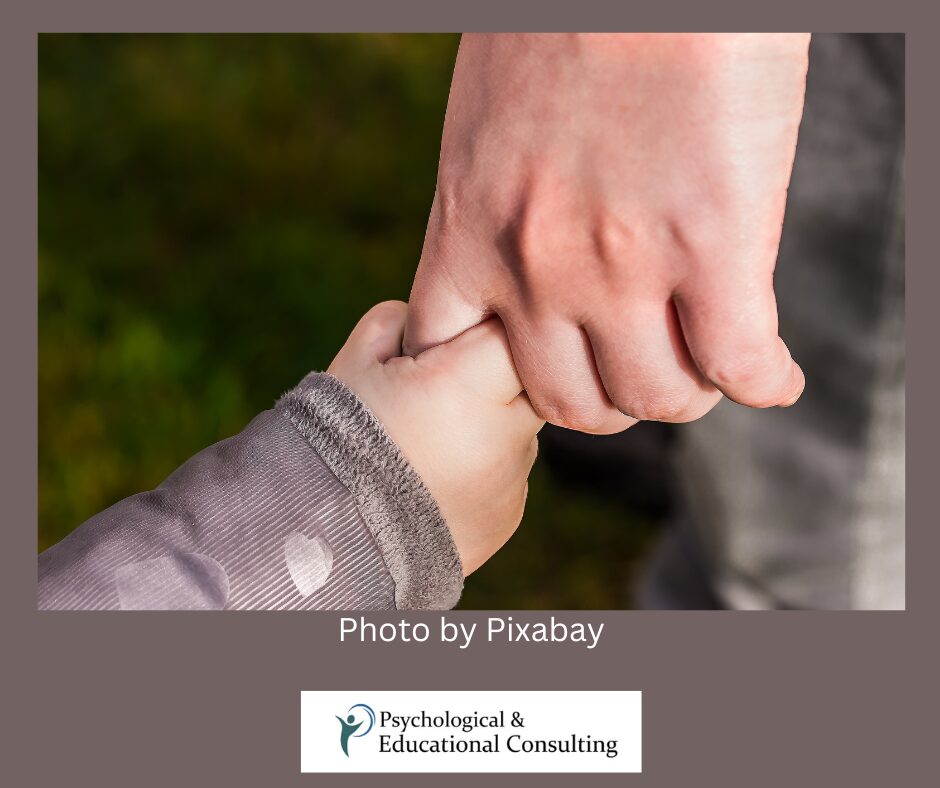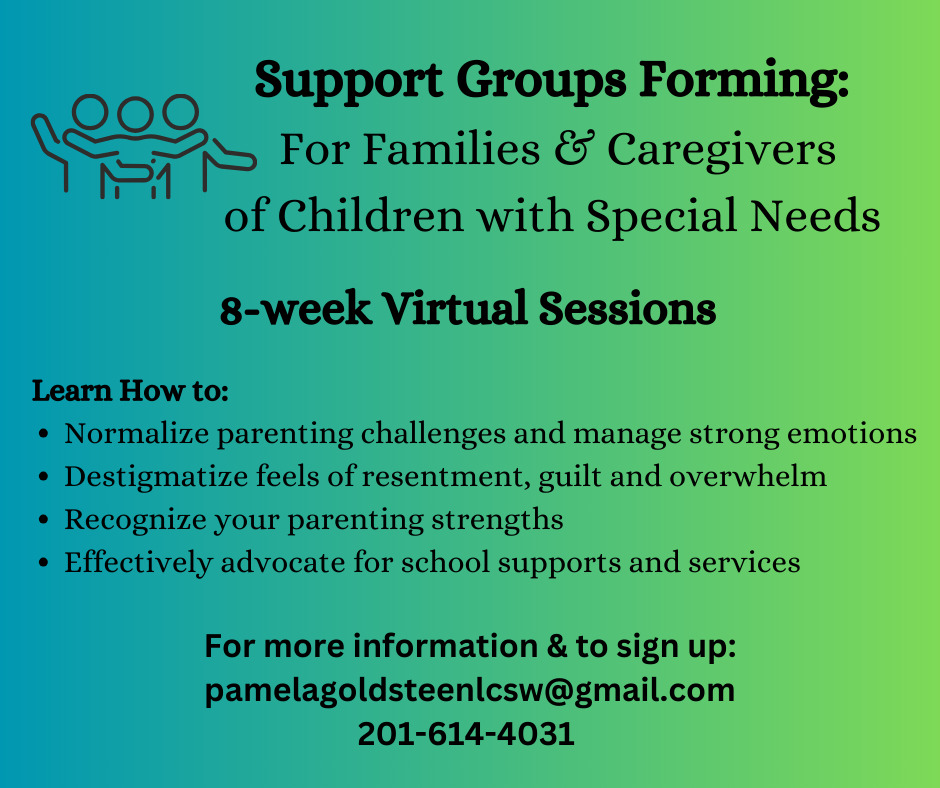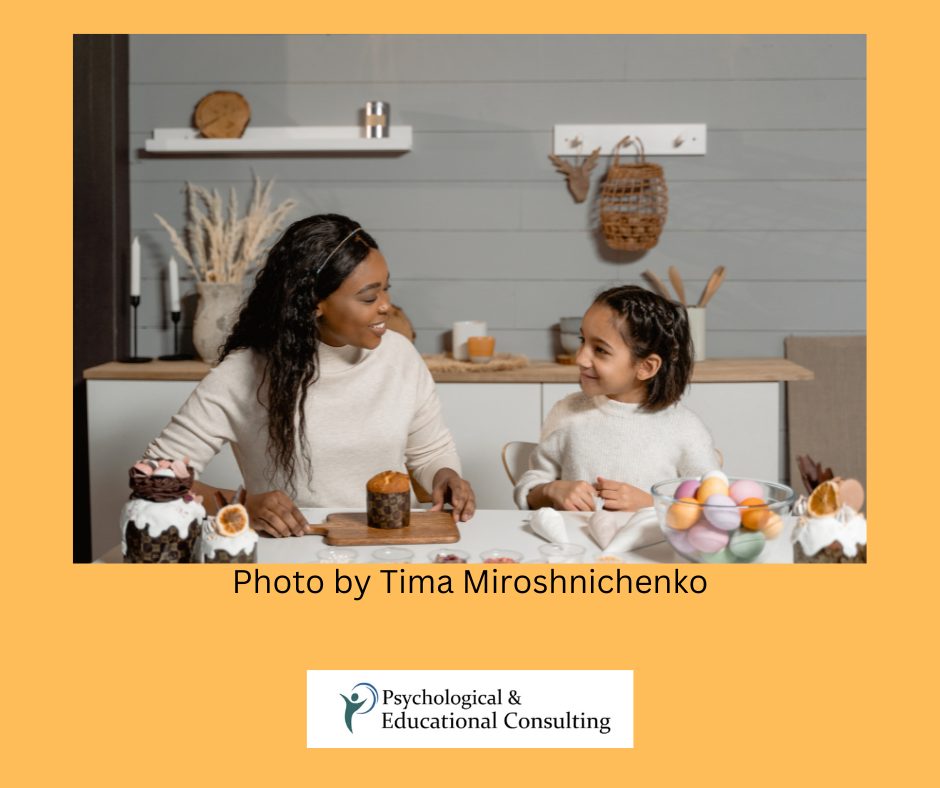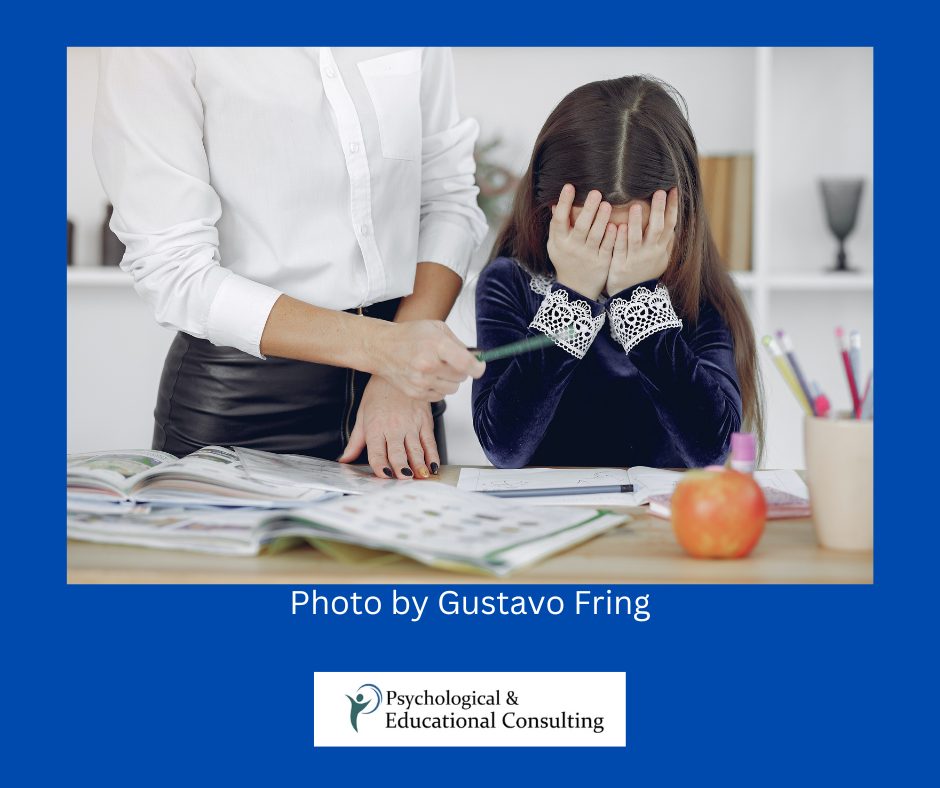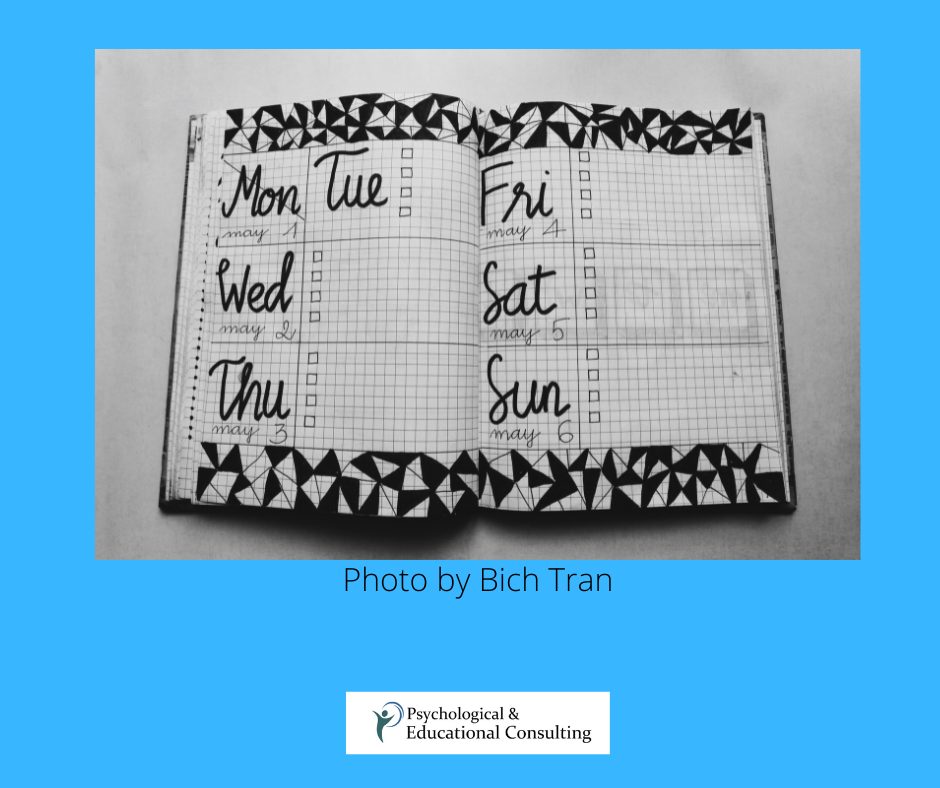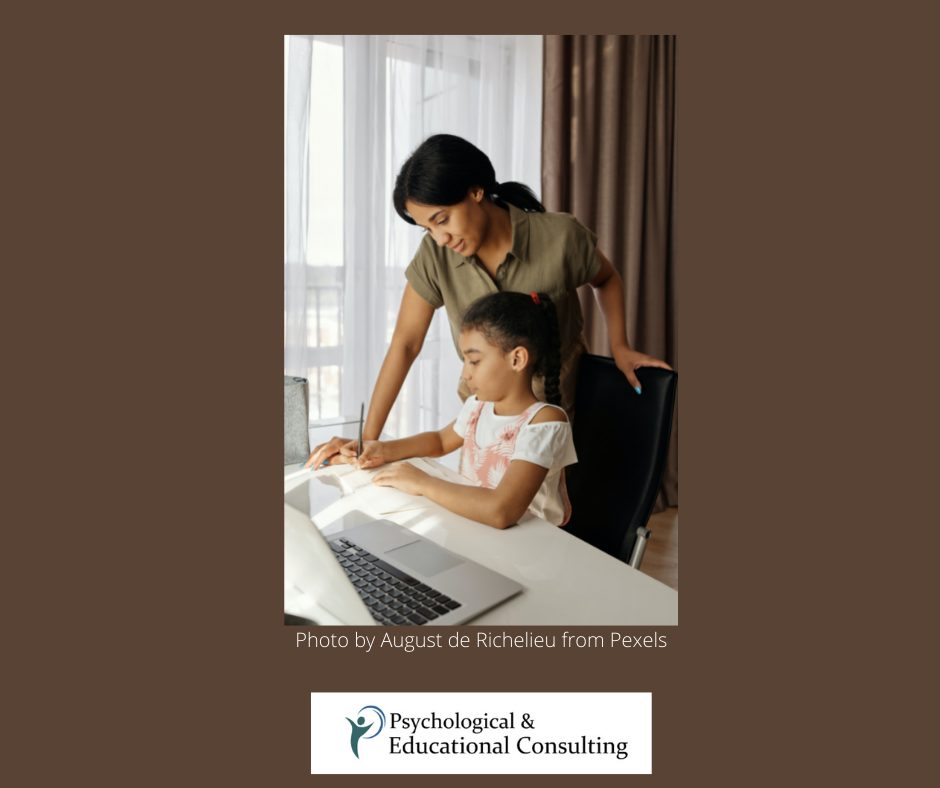I Think My Child Is Dyslexic. Now What?
written by Dr. Liz Matheis, posted on Psychology Today
First thing first: If you suspect your child has dyslexia, consult with an educational psychologist who can perform a psycho-educational evaluation to look at areas of academic functioning as well as cognitive or intellectual capability.
On par with how your public school district’s child study team will find eligibility, the evaluator will look for an achievement-aptitude discrepancy of a minimum of 19 points or 1 standard deviation. Request that your evaluator further administer a dyslexia assessment, such as the Feifer Assessment of Reading or the Feifer Assessment of Writing to determine the type of dyslexia or dysgraphia. This will further allow your evaluator to determine if your child meets the criteria for a specific learning disability within the area of reading, writing, or reading comprehension.
Once you have this diagnosis, request an initial identification meeting with the school’s child study team. Put your request in writing via an email and/or a physical letter that can be handed to the assistant to the director of special services. (A sample letter can be found at the end of this post.) Request a date stamp and a copy of your stamped letter. Once you are sitting with the child study team for an initial identification meeting, share a copy of the evaluator’s report and request an Individualized Education Plan (IEP) for your child under the eligibility category of “specific learning disability.”
You are then requesting pull-out resource within the areas of reading and writing with a special education teacher who can modify the curriculum for your child. The program that is most empirically validated for dyslexia is known as the Orton Gillingham or Wilson program, a multisensory instructional system.


